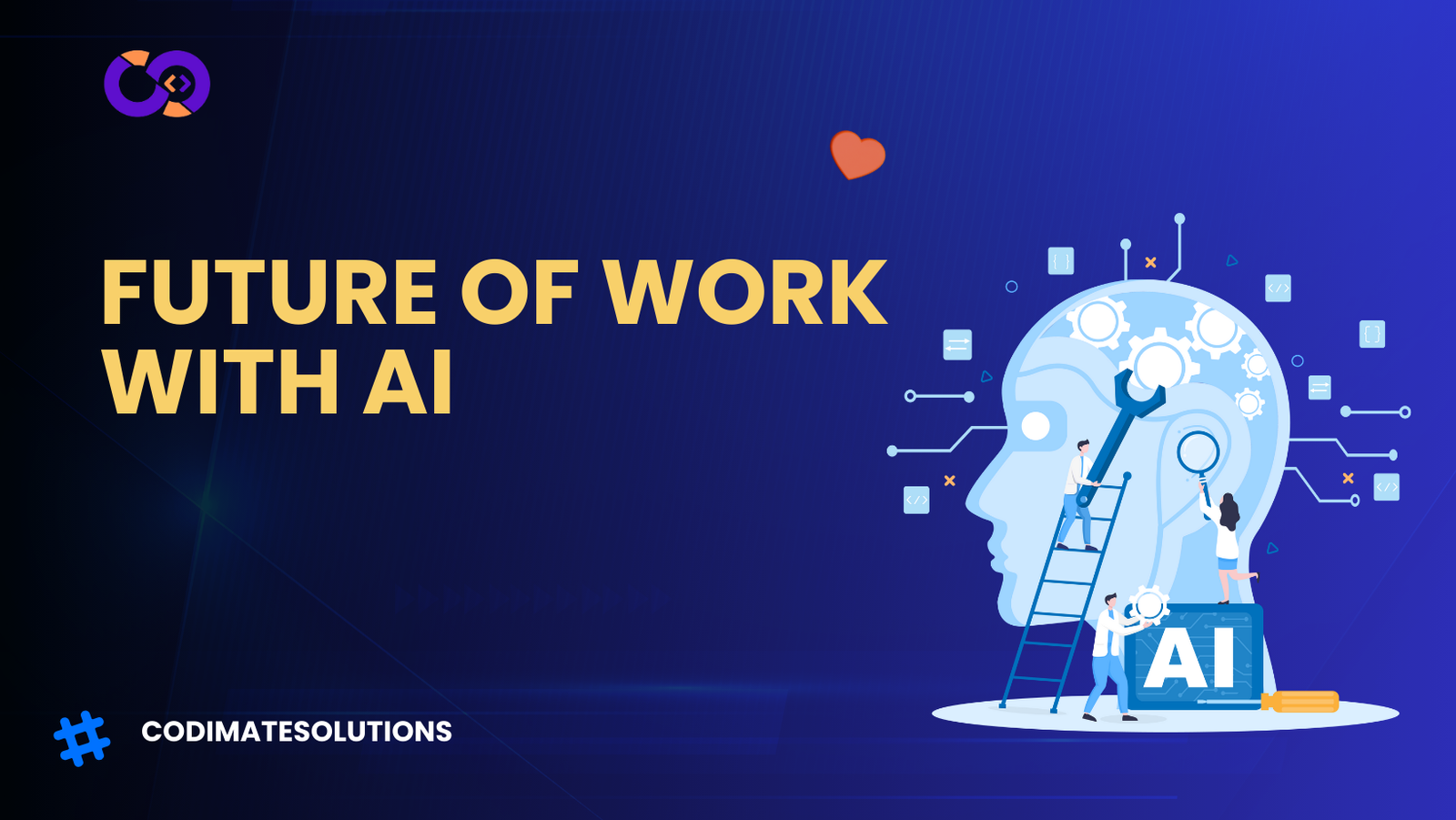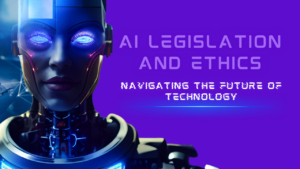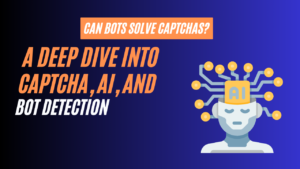Artificial Intelligence (AI) is reshaping industries, redefining workflows, and challenging the traditional paradigms of work. While automation continues to revolutionize efficiency, human creativity remains a cornerstone of innovation. Striking a balance between the two is crucial as we navigate the future of work.
This article explores the evolving role of AI, its impact on automation and creativity, and strategies for harnessing its potential while preserving human ingenuity.
The Rise of AI in the Workplace
AI’s Role in Automation
AI-driven automation has transformed repetitive and time-consuming tasks across industries:
- Data processing: AI streamlines large-scale data analysis, minimizing human error.
- Customer service: Chatbots and AI assistants handle routine queries, enhancing user experience.
- Manufacturing: Robotics powered by AI boosts production speed and precision.
Automation has enabled organizations to reallocate resources, allowing employees to focus on higher-value work.
Further Reading: Navigating the Risks of Generative AI in Business
Human Creativity in the Age of AI
Why Creativity Cannot Be Automated
AI excels at processing existing data and patterns, but creativity involves:
- Original thinking: Generating ideas that break conventional molds.
- Emotional intelligence: Understanding and expressing complex emotions.
- Cultural relevance: Adapting ideas to evolving societal contexts.
These uniquely human traits underscore why creativity remains irreplaceable.
Balancing Automation and Creativity
Leveraging AI to Enhance Creativity
Rather than replacing creativity, AI tools empower it by:
- Streamlining workflows: Tools like generative design software automate mundane aspects, freeing time for ideation.
- Inspiring ideas: AI-powered systems suggest design layouts or creative writing prompts.
- Facilitating collaboration: AI bridges geographical barriers through real-time communication and project management tools.
Related Insights: The Future of Creativity: AI-Powered Design Tools and Automation
Sectors Revolutionized by AI
Creative Industries
From graphic design to filmmaking, AI tools like Adobe Sensei and DALL-E enhance creativity by automating technical processes. For example:
- Dynamic visuals: AI generates 3D elements, making web design more immersive.
- Kinetic typography: Automating text animation boosts audience engagement.
Explore More:
Healthcare
AI advancements in healthcare, such as predictive analytics and telemedicine, optimize treatment without undermining the human touch critical to patient care.
Related Reading: AI in Healthcare: Revolutionizing Disease Detection and Patient Communication
Ethical Considerations in AI Implementation
Balancing automation and creativity also means addressing ethical concerns:
- Bias in algorithms: Ensuring fairness in AI decision-making.
- Privacy concerns: Safeguarding data in automated systems.
- Job displacement: Preparing for workforce transitions.
Governments and organizations must adopt AI responsibly to foster a sustainable future.
In-Depth Analysis: AI Legislation and Ethics
Preparing for the AI-Driven Future
Skills for the Future Workforce
To thrive alongside AI, professionals must embrace lifelong learning and focus on skills that complement automation:
- Critical thinking: To interpret AI outputs and make strategic decisions.
- Interpersonal skills: To excel in roles requiring empathy and human interaction.
- AI literacy: Understanding AI technologies and their applications.
Useful Resource: Choosing the Right AI Model for Your Application
Encouraging Collaboration Between Humans and AI
Organizations should aim for a synergistic relationship where AI supports human talent:
- Integrating AI to reduce workload without stifling innovation.
- Cultivating an AI-friendly culture that values human oversight.
Learn More: Enhancing Coding Efficiency with AI
Conclusion
The future of work with AI is a dynamic interplay between automation and human creativity. By leveraging AI to augment—not replace—human capabilities, we can unlock unprecedented levels of productivity and innovation. However, achieving this balance requires thoughtful strategies, ethical considerations, and a commitment to lifelong learning.
For more insights into how AI is reshaping industries and driving innovation, explore How AI is Changing the World of Digital Marketing.
Discover New Frontiers: Quantum Computing Advances in 2024
By aligning automation with human creativity, we can shape a future where technology enhances rather than diminishes our innate potential.




